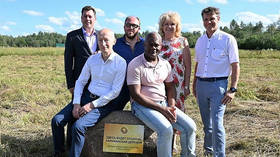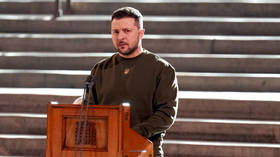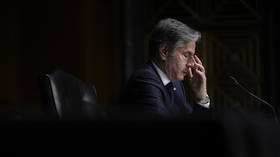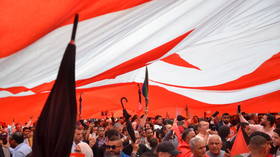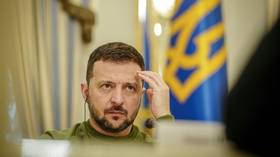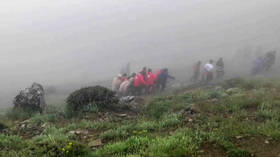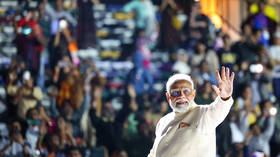Russia wants South African animals
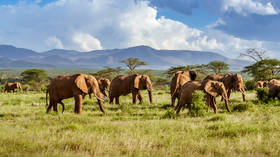
South African elephants, hippopotamuses, rhinoceroses, giraffes, zebras, and antelopes could make their way to Russian zoos if the two countries can agree on the terms, according to comments made by officials in Moscow to the local media.
In a report on Friday, the media outlet TASS quoted the press office of Rosselkhoznadzor, Russia’s veterinary watchdog, as saying that “we’re talking about the import of exotic animals… from South Africa’s game reserves located in Limpopo and Gauteng provinces to Russian zoos.”
Earlier this week, Moscow and Pretoria discussed the movement of animal products between the two nations, Rosselkhoznadzor revealed.
Also high on the agenda of the talks, which were held via video conference, was the exchange of veterinary certificates.
Moreover, Russian officials asked their South African colleagues to share data on the spread of such ailments as hoof-and-mouth disease, African swine fever, avian flu, and several others in the country.
According to Rosselkhoznadzor, Russia has considerably increased the scale of its exports of animal products to African countries in recent years.
Meanwhile, speaking to the newspaper Vedomosti on Thursday, Russian Science and Higher Education Minister Valery Falkov announced plans to significantly modernize Asia and Africa studies programs by 2030.
The official explained that while the main emphasis is currently placed on learning languages, in the future students will be required to undergo an internship in their target country, where, according to the minister, they will be able to address real-world issues for both the Russian government and businesses.
As part of the push, Asia and Africa studies programs will include such key aspects as history, ethnography, and socio-political development of those nations.
Falkov added that it is hoped that as many as 40 universities on the two continents will partner with their Russian counterparts.
